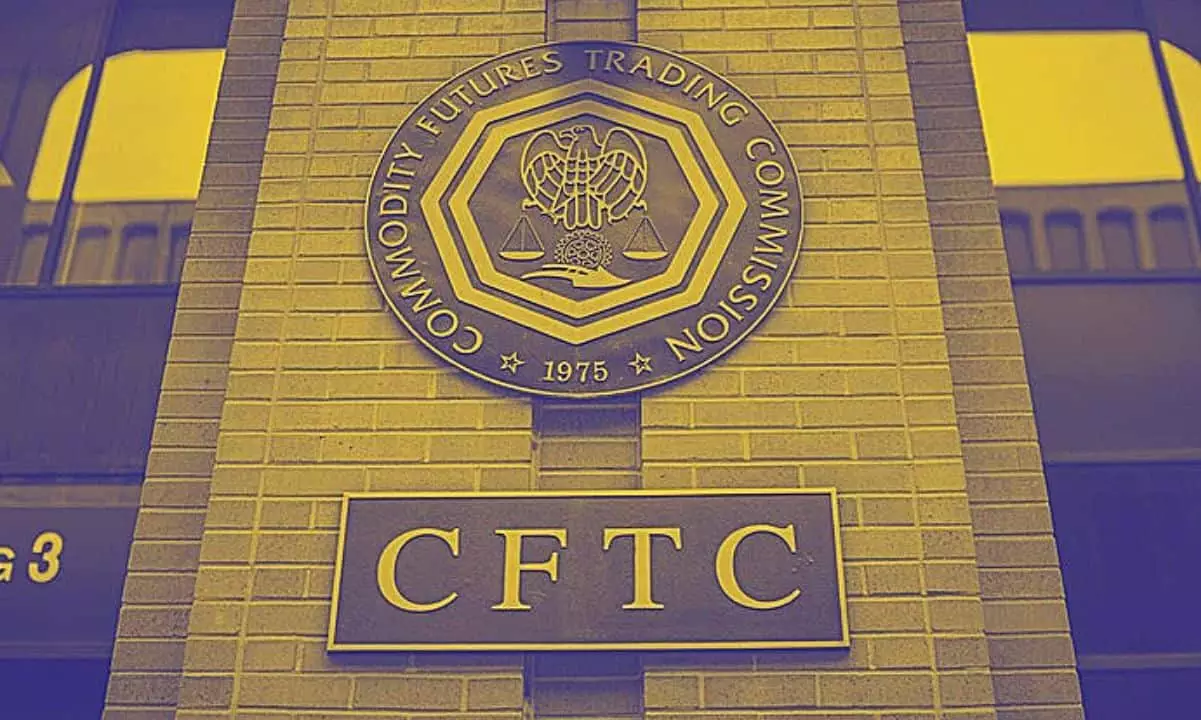In a significant shift at the Commodity Futures Trading Commission (CFTC), Caroline Pham has appointed Harry Jung as Acting Chief of Staff. This transition is particularly noteworthy as it aligns with an ongoing reevaluation of leadership at the agency, following Pham’s own recent interim appointment by President Donald Trump. Previously serving as Pham’s Counselor and Senior Policy Advisor, Jung brings a wealth of experience to his new role, particularly in the domain of cryptocurrency and digital assets, critical areas for the CFTC’s future strategies.
This recent appointment comes against a broader backdrop of administrative changes within the CFTC. The agency has been striving to redefine its approach to digital assets, leading to the establishment of various initiatives, including the creation of a Digital Asset Markets subcommittee spearheaded by Pham herself. These moves reflect a growing recognition of the need for regulatory frameworks that can adapt to emerging technologies within the rapidly evolving financial landscape.
Harry Jung’s new leadership role signifies a concentrated effort on enhancing the CFTC’s engagement with cryptocurrency markets—a response to the rising prominence and complexity of digital assets. His past roles at Citigroup and various regulatory positions equip him with the expertise necessary to lead this important initiative. Indeed, Pham’s prior proposals, which include the establishment of a regulatory sandbox and a pilot program for digital assets, aim to foster innovation while ensuring consumer protection and regulatory compliance.
This strategic shift also comes at a pivotal moment, as the CFTC faces increasing pressure to assert its authority in the burgeoning field of digital currency regulation. The outgoing chair, Rostin Behnam, who will vacate his position on February 7, has underscored the urgent need for stringent oversight amidst rapid market developments. His tenure was marked by high-profile enforcement actions, including a landmark $2.7 billion settlement with Binance, which illustrates the CFTC’s commitment to maintaining market integrity.
While the CFTC navigates this transitional phase, it has yet to appoint a permanent successor for Behnam. Former Commissioner Brian Quintenz is rumored to be a leading candidate, suggesting continuity in the agency’s focus on bolstering crypto regulation. This scrutiny extends to a recent subpoena issued to cryptocurrency exchange Coinbase, shedding light on possible infractions linked to Polymarket, a platform involved in prediction markets. Such actions highlight the CFTC’s proactive stance in addressing potential risks associated with market manipulation and regulatory compliance failures.
Parallel to developments at the CFTC, significant changes are also underway at the U.S. Securities and Exchange Commission (SEC), where Mark Uyeda has been appointed as the acting chair, succeeding Gary Gensler. Uyeda, a critic of Gensler’s more stringent crypto policies, is expected to advocate for a more nuanced regulatory approach, positioning the SEC to address the needs of legitimated crypto enterprises while curbing illegitimate practices.
As leadership within key regulatory bodies shifts, the goal remains clear: establish a coherent and effective framework for the management of digital assets. Both the CFTC and SEC are at a crossroads, tasked with balancing innovation against the imperative of consumer protection and market oversight. The future of cryptocurrency regulation will undoubtedly hinge on these upcoming appointments and the various initiatives being launched—an essential evolution in a world increasingly driven by digital transactions and asset management.
















Leave a Reply